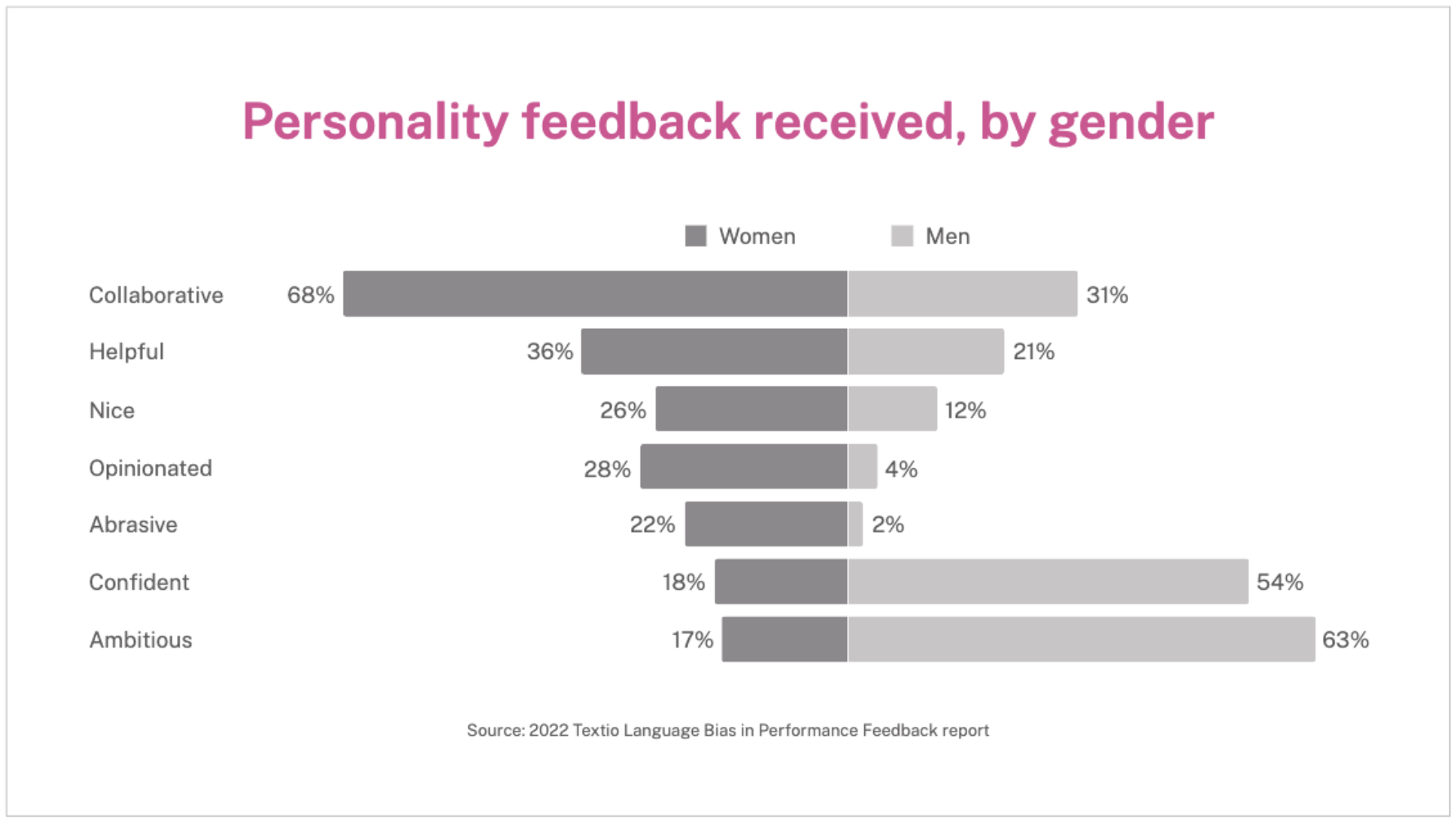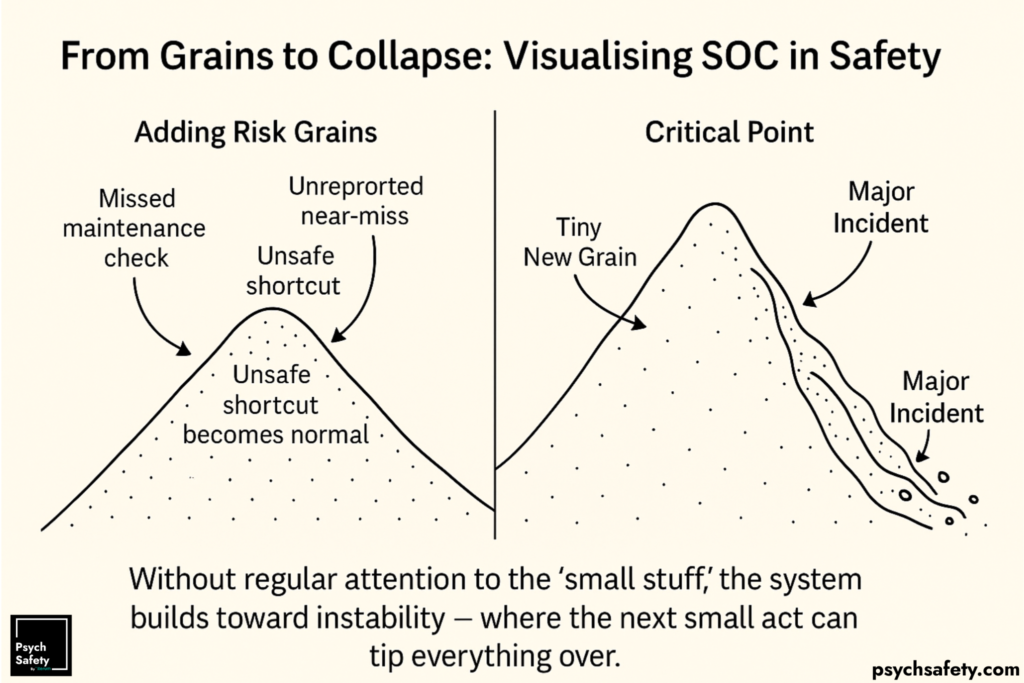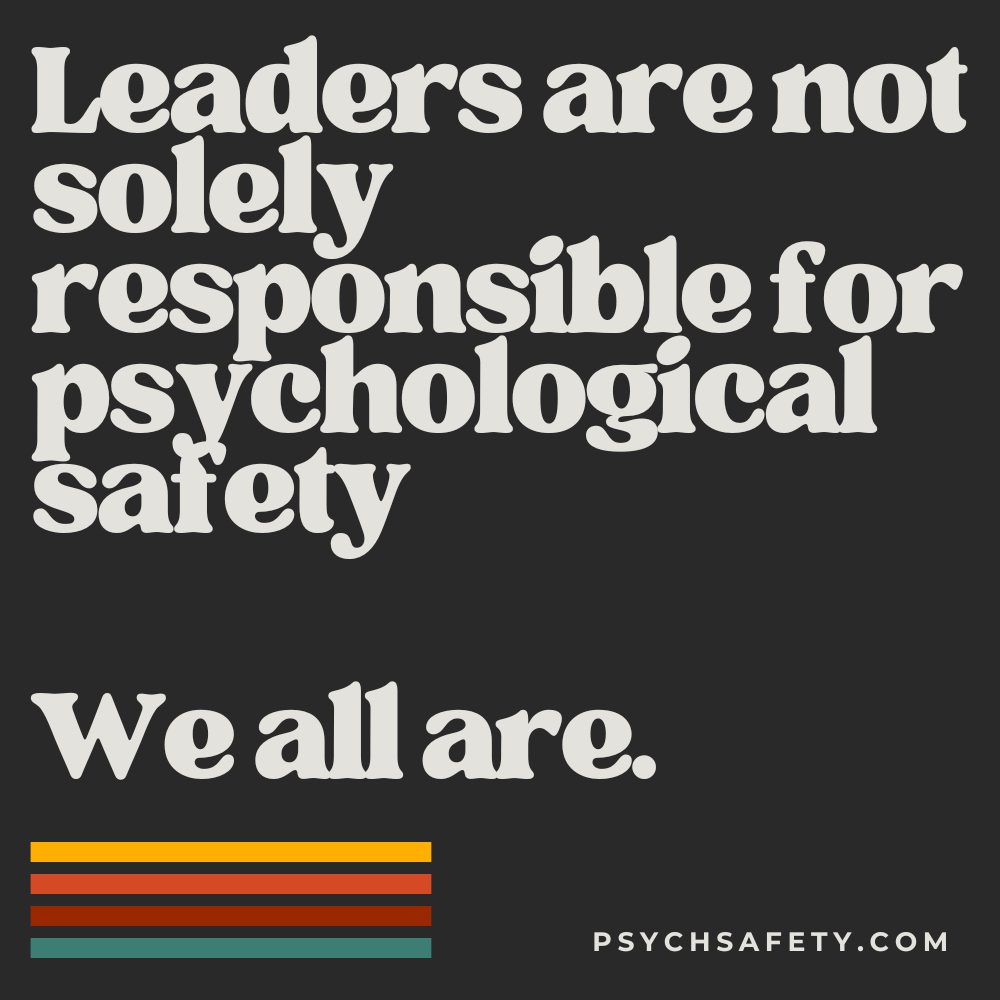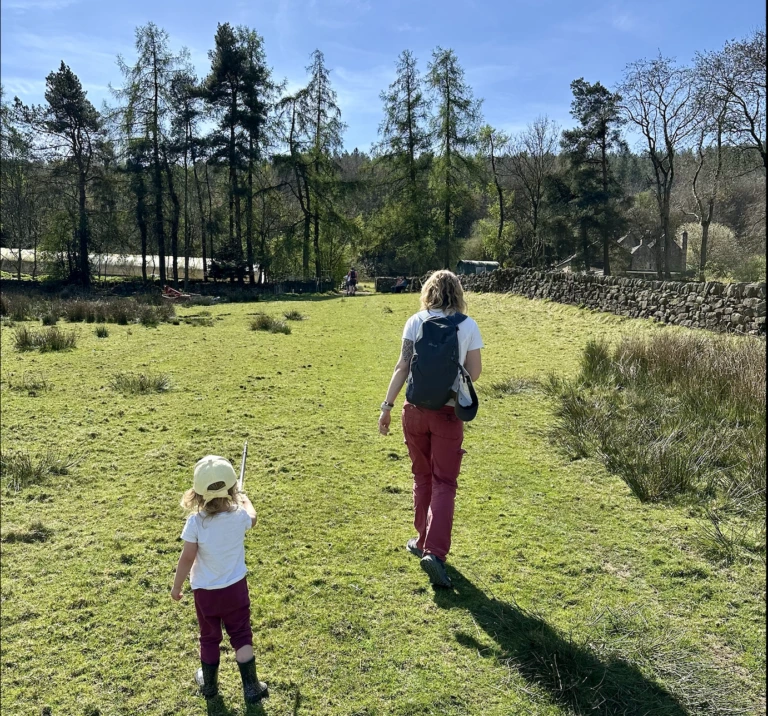All Feedback Is Subjective
By Jade Garratt
All Feedback Is Subjective
… And Why That Matters for Psychological Safety
“No person in the world is so privileged as to have access to a ‘ground truth’ against which all other people’s understanding can be proven wrong or inaccurate… Everybody’s perspective is subjective.”
Sidney Dekker, The Field Guide to Understanding Human Error, p.116
In Dekker’s brilliant book ‘The Field Guide to Understanding Human Error’, he explores incident investigations and how assuming there’s only one “truth” can actually get in the way of learning.
This shows up in feedback too. It’s tempting to believe that our perspective is the “truth”, and in doing so risk undermining others, missing opportunities to learn and eroding psychological safety.
Too often, we treat feedback as factual reporting, but even when we’re trying to be as “honest” as possible, the feedback we choose to give will always be filtered through our personal lenses. Our values, expectations and positionality all shape what we notice and choose to comment on.
Bias in Who Gets What Feedback
These individual biases add up, and when we zoom out, clear patterns emerge that reflect gender, racial and age stereotypes. For instance, Textio found that women are far more likely than men to receive personality-based feedback in performance reviews rather than feedback about their work. When women’s personalities are described, they’re more likely to hear words like “helpful” and “friendly,” compared to the “confident” and “ambitious” labels more often applied to men. Age plays a major role too – people under 40 are 2.5 times more likely to be described as “ambitious” than those over 40. And Black team members receive significantly less actionable feedback than their white colleagues.

Personality feedback received by gender. Source: Textio.
Low quality feedback has an impact on how we feel at work and has also been found to affect the likelihood that we’ll stay with the team or organisation. It also matters because when feedback fuels growth, uneven feedback means uneven opportunities to improve.
When Feedback Hurts, Not Helps
We hear this all the time in our workshops – people being told things like “you lack gravitas” or “you’re not being strategic” or my personal (least) favourite “you’re a bit too much.” Not only are these opinions being presented as facts, they’re also incredibly vague. They don’t tell us how to improve and often reflect the feedback giver’s bias more than the recipient’s behaviour.
So what do we do about this? Well, one suggestion is that we try hard not to give feedback about someone’s personality, or that reflects a fixed mindset view of who they are. Instead we want to focus on behaviour and growth. These are covered in our Feedback Checklist. But there’s also power in acknowledging and owning our subjectivity…
And this is where my thinking diverges a little from some of the current business rhetoric that feedback should always be very direct, and often by implication, very directive. To me, the best feedback is a two-way conversation, and it’s very possible to share constructive feedback while remaining open, curious and humble.
I remember some really useful feedback I received many years ago after giving a presentation. My colleague, who’d watched the session, took time to list specific things I’d done well. Then they observed that I’d used the phrase “kind of” a couple of times, which they’d noticed because in the rest of the presentation my language was very precise. They asked, seemingly from a place of genuine curiosity, whether these were parts of the talk that I was less clear or convinced about. That was how they had interpreted it. It led to a really useful conversation about the challenges of delivering a presentation designed in part by someone else. Because my colleague had highlighted strengths, showed genuine curiosity, and acknowledged their own subjectivity, it created a space where I could be reflective, not defensive.

Psychological Safety Requires Humility
Trying to foster psychological safety means striving to create the conditions where people feel safe to share ideas, raise concerns, admit mistakes, ask questions and learn. Feedback that’s given as if it’s simply true – the classic “I’m just being honest” – can damage this. It leaves no space for the other person’s perspective or their Local Rationality because it frames the feedback as objective fact rather than personal interpretation. When we position our view as the truth, we’re asking the other person to just accept it. That can trigger defensiveness, embarrassment, or disengagement – all things that get in the way of learning and trust.
But when we acknowledge our subjectivity – “This is how it came across to me,” or “I might be seeing this differently, but I noticed…” – we create space for dialogue. It signals that we’re in this together, and that their perspective matters just as much. That’s what supports psychological safety.
How Non-Violent Communication Can Help
One of the models we often draw on for feedback is non-violent communication or NVC. It helps us to acknowledge our subjectivity in a few key ways:
- It starts with observation – here we attempt to describe as neutrally as possible what actually happened. This is our first ‘reality check’ to recognise when we’re already bringing in our personal interpretation and judgement.
- It then moves into feelings, needs, and requests – these are inherently personal, and explicitly acknowledge that we’re not neutral observers.
- It reminds us to speak from the “I” rather than the “You” – “Here’s what I saw, here’s how I felt about it, and here’s why it matters to me.”
Giving Feedback that Supports Psychological Safety
Part of acknowledging the subjectivity of feedback means also recognising that there is no ‘perfect’ way to give feedback or share our reflections. But that’s actually freeing – we don’t have to aim for perfection. In fact, acknowledging our subjectivity can make it easier to have a feedback conversation which is supportive and allows for growth and learning.
A few things to bear in mind:
- Own our subjectivity. Try: “From my perspective…” or “Something I noticed…”
- Stay close to observation before moving into interpretation.
- Be curious, not conclusive by asking questions instead of making assumptions.
- Check for bias: Are we commenting on tone, manner or personality traits in ways we wouldn’t with someone else? What’s the observed behaviour that’s triggered this?
- Make space for dialogue by inviting response and reflection.
- Be specific and generous, highlighting strengths as well as areas for development.
Reframing Feedback
So perhaps we need to reframe feedback as an offering instead of a verdict. A starting point for conversation, reflection and learning. After all, as Dekker reminds us, none of us has access to a single “ground truth.”
And contrary to popular belief, a culture of psychological safety isn’t built on blunt “truth-telling.” Instead we can cultivate the humility to know our views are always partial, and the courage to share them anyway, with care.
Further Reading/ Resources:
Textio’s 2023 Report on Feedback Bias
Psych Safety Delivering Effective Feedback Workshop
Non-Violent Communication
Local Rationality
Feedback Checklist
Humble Inquiry
New! Psychological Safety Practice Playbook: Feedback
Feedback can make or break psychological safety. Our brand-new Feedback Practice Playbook is packed with practical tools, real-world scenarios, and thoughtful approaches to help you and your team give and receive feedback in ways that truly support psychological safety.
Use it to: Strengthen your feedback culture
Strengthen your feedback culture Avoid common pitfalls
Avoid common pitfalls Practice with confidence
Practice with confidence Try alternatives when feedback isn’t the right fit
Try alternatives when feedback isn’t the right fit
It includes our non-violent communication model with worked examples, team exercises, a feedback checklist, and a bonus section on what to do instead of feedback.
Available now as an add-on to the Psychological Safety Action Pack and included in the complete Psychological Safety Bundle.
The post All Feedback Is Subjective appeared first on Psych Safety.






